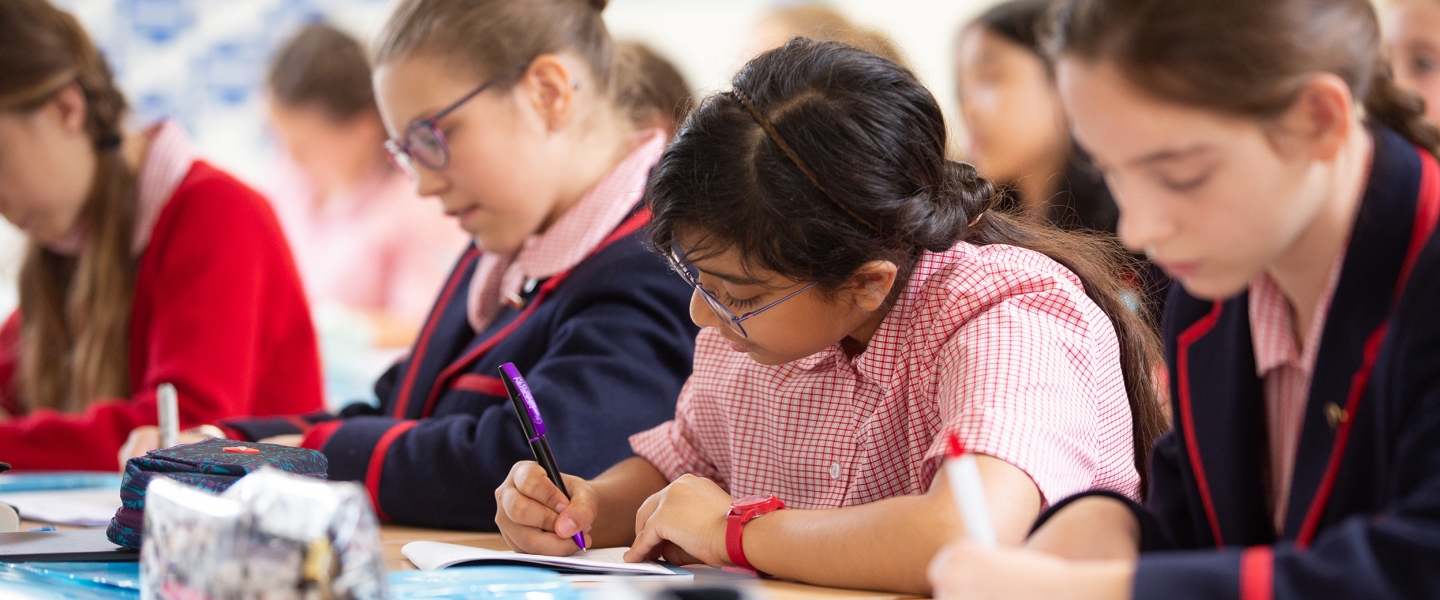History
The History curriculum in Years 7, 8 and 9 is a diverse, interesting and challenging course; amongst the topics studied are the significance of the French Revolution and the impact of decolonisation on post-war Britain.
The GCSE curriculum expands the girls' knowledge and understanding of History. We focus on Twentieth Century history in Russia and China as well as the Cold War.
History is a popular subject at A Level and we allow time for debate on a number of topics including the causes of the boom in 1920s America, the Suffragettes and the use of violence in History, as well as looking at different historical viewpoints on Margaret Thatcher as Prime Minister. The Tudor Rebellions is the final area of study. The syllabus helps to ensure that, upon finishing their historical studies, pupils are well equipped to discuss a wide range of historical topics from the medieval to the modern period.
Although academic rigour is at the heart of what we do, History is taught in an exciting and innovative way, allowing all pupils to access the lessons and enjoy their studies. Role plays or interviews are used to bring History to life from the Munich Putsch to daily life in precolonial Africa, India or America. We are committed to following an enquiry-led approach to History in which, for example, pupils investigate murders, such as the Ripper murders and use sources to investigate the post-Reformation Witch Hunts.
According to Lucy Worsley, History is ‘the knitting together of rival interpretations’ of events, a perhaps deliberate attempt to ‘manipulate the truth’. Every pupil is therefore encouraged and challenged within the classroom to independently explore different interpretations and construct their own interpretation of an event. To go one step further, they are often challenged to consider the counterfactual history and to discuss what could have happened if circumstances were different.
There is also a stretch and challenge area for History where pupils can find lists of historical fiction to read and listen to university lecturers speak on various historical events and topics. There are also opportunities to enter either historical fiction competitions or essay writing competitions for all age groups.
An important aspect of historical study is to visit historical sites. In this country we have a wealth of opportunity to do that and as a department we ensure there are trips for all the Year Groups in History. These change according to what is being studied but can range from Hampton Court to enquiries at the Greenwich Maritime Museum. At GCSE there is an annual trip to Berlin to enhance understanding of the Cold War and Nazi Germany. Our A Level pupils had the incredible opportunity to visit America to develop their understanding of American History and also attend US History lectures at William and Mary College in Williamsburg.
